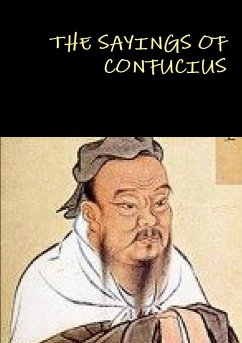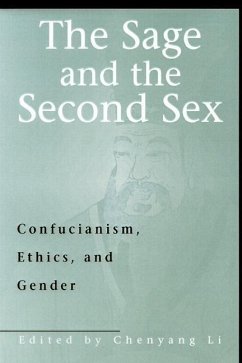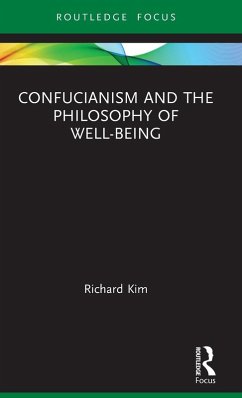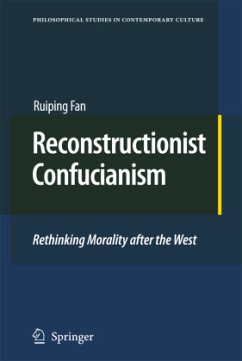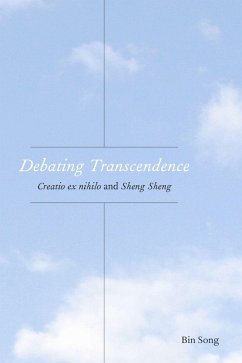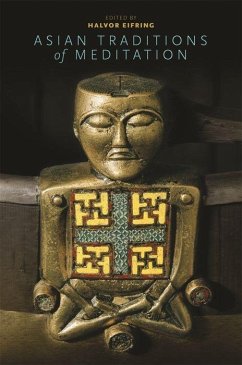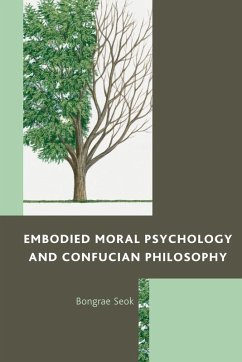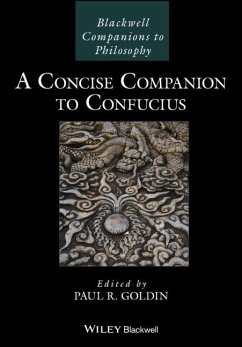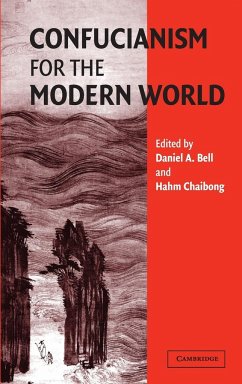
Confucianism for the Modern World
Versandkostenfrei!
Versandfertig in 1-2 Wochen
125,99 €
inkl. MwSt.
Weitere Ausgaben:

PAYBACK Punkte
63 °P sammeln!
While Confucian ideals continue to inspire thinkers and political actors, discussions of concrete Confucian practices and institutions appropriate for the modern era have been conspicuously absent from the literature thus far. This volume represents the most cutting edge effort to spell out in meticulous detail the relevance of Confucianism for the contemporary world. The contributors to this book - internationally renowned philosophers, lawyers, historians, and social scientists - argue for feasible and desirable Confucian policies and institutions as they attempt to draw out the political, e...
While Confucian ideals continue to inspire thinkers and political actors, discussions of concrete Confucian practices and institutions appropriate for the modern era have been conspicuously absent from the literature thus far. This volume represents the most cutting edge effort to spell out in meticulous detail the relevance of Confucianism for the contemporary world. The contributors to this book - internationally renowned philosophers, lawyers, historians, and social scientists - argue for feasible and desirable Confucian policies and institutions as they attempt to draw out the political, economic, and legal implications of Confucianism for the modern world. The book is divided in three parts that correspond to the basic hallmarks of modernity as a social and political system - democracy, capitalism, and the rule of law.





